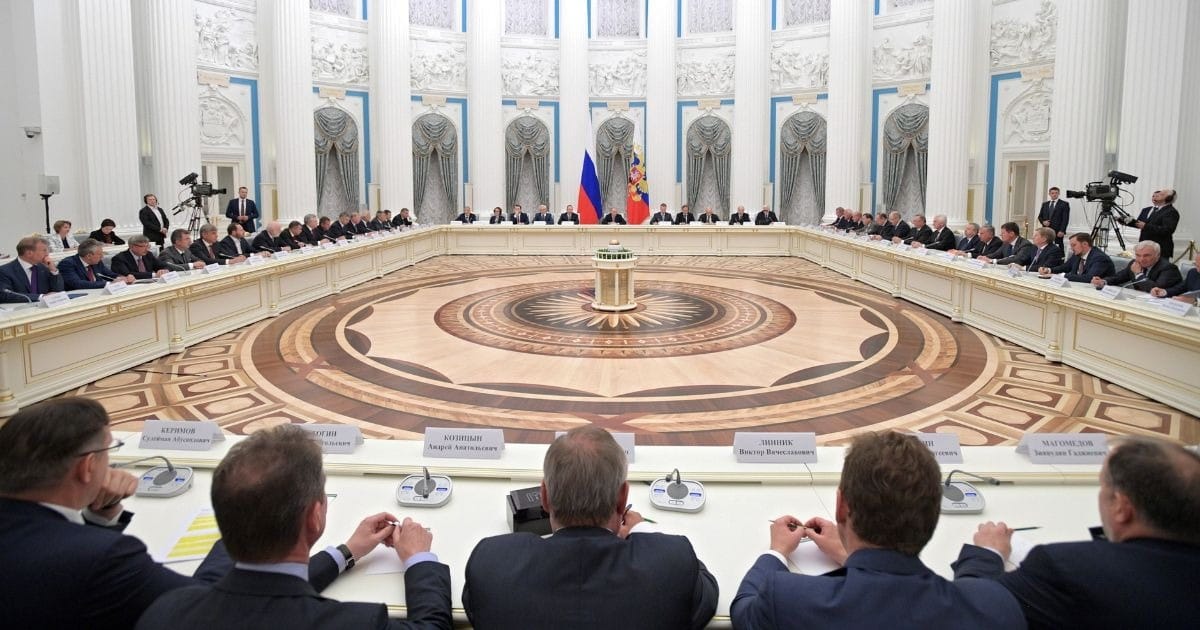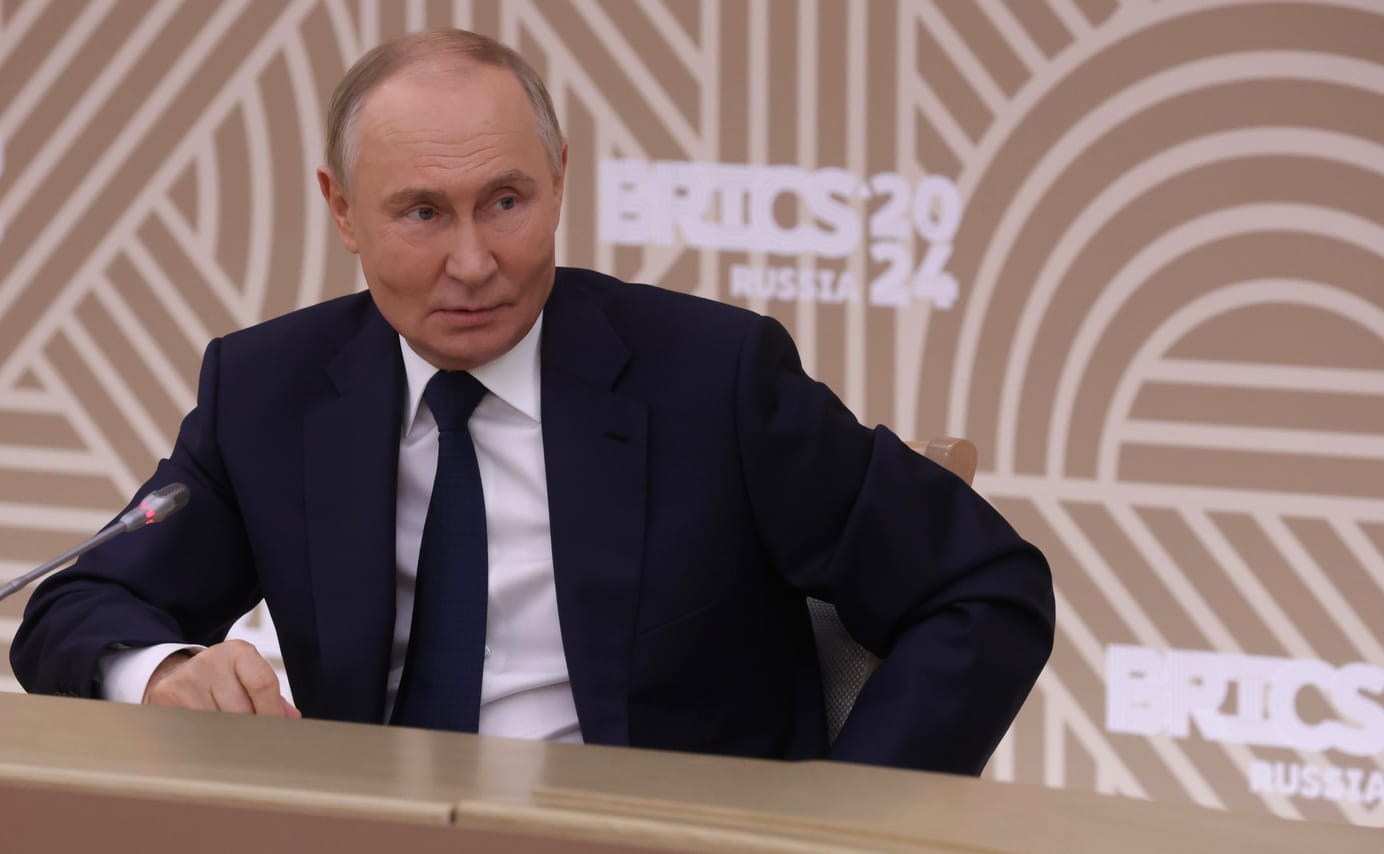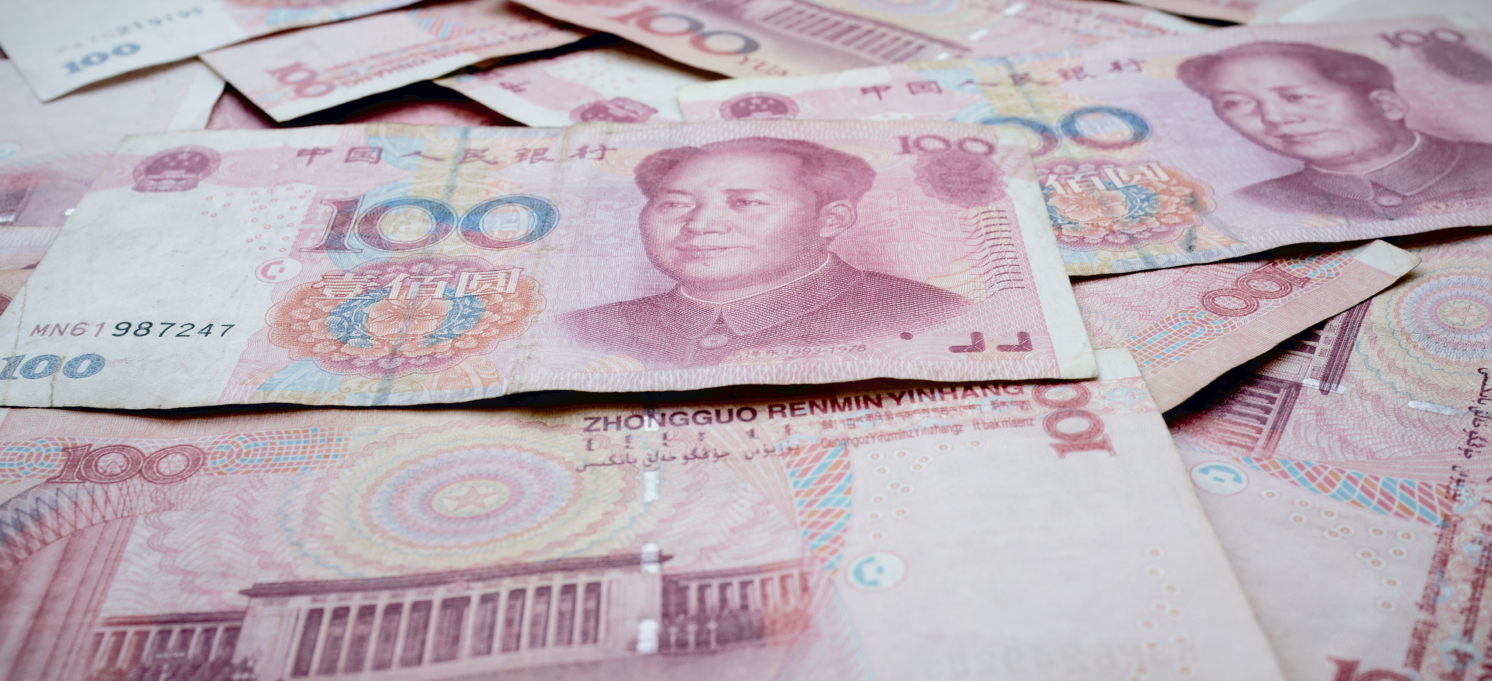
Ukraine war facilitates Kremlin ‘deoffshorization’ dream
Hello! Welcome to your weekly guide to the Russian economy — written by Alexander Kolyandr and Alexandra Prokopenko and brought to you by The Bell. Our top story is a look at the Kremlin’s plan to bring all offshore Russian companies back home – and why greed means their Russian owners are only too happy to comply. We also look at data suggesting 90% of Western companies in Russia before the full-scale invasion stayed.
Russia launches new campaign to bring business back home
It emerged this week that the government has begun drawing up a list of “economically significant organizations” as part of its campaign to bring big companies fully under Russian jurisdiction. Those on the list will have the right to ditch any foreign holdings through which they hold assets. After a decade of trying, it looks like the Ukraine war and Western sanctions mean that the Kremlin will finally achieve its long sought-after “deoffshorization.”
What’s going on?
On March 1, the government approved a list of economically significant organizations (ESO). After a legal process in Moscow, the companies on the list will be given a whole series of exceptional powers, including the ability to restrict the rights of foreigners, and withhold certain information.
To be on the list, companies must meet two criteria: they must be large (defined as having annual revenue over 75 billion rubles ($820 million), assets of more than 150 billion rubles, or more than 4,000 employees); and they must be more than 50% owned by Russian beneficiaries via holding companies registered in so-called “unfriendly” countries (these are nations – mostly in the West – that have been deemed hostile by the Kremlin). There are estimated to be more than 100 companies in Russia that meet these criteria.
So far, there are six companies on the list. Three of them – Alfa Bank, insurance company Alfastrakhovaniye, and retailer X5 Group – own or manage assets on behalf of investment conglomerate Alfa Group. Billionaire Mikhail Fridman, one of Alfa Group’s main shareholders, spent years gradually transferring his Russian assets to the West. However, after the full-scale invasion of Ukraine, he was hit with Western sanctions.
The other three companies are high-end supermarket chain Azbuka Vkusa (41.1% owned by billionaire Roman Abramovich and his partners), fertilizer manufacturer Akron (owned by billionaire Vyacheslav Kantor) and mining company Razrez Arshanovsky.
This is likely just the start. According to state-owned news agency TASS, Tinkoff Bank, owned by Vladimir Potanin, Russia’s wealthiest man, has applied to join the list. And newspaper Kommersant claims two dozen more companies are interested in being included. These include agricultural company Rusagro, real estate company Cian, online marketplace Ozon, and online job portal HeadHunter. Cian, Ozon and HeadHunter are all companies that are – or were – listed on foreign stock exchanges.
For a more detailed understanding of how the law will work, see here.
What does being on the list mean?
Being designated an ESO means that, under a law passed in August, the Russian government can bring a case to the Moscow Arbitration Court to suspend the rights of the foreign owners in that company. Officially, these restrictions can be kept in force until Dec. 31, 2024. In reality, it’s clear that they will continue to operate until the end of the war in Ukraine, and the lifting of Western sanctions.
When the Moscow Arbitration Court suspends the rights of a foreign owner, all shares of the Russian company in question are transferred to the Russian entity. Then, they are redistributed among the existing beneficiaries in proportion to their stake – but, crucially, only under Russian jurisdiction. Russian beneficiaries are obliged to take direct ownership of their shares. And the rights of foreign beneficiaries will be limited: for example, their dividends will be paid into Type-C (escrow) accounts from which it is almost impossible to withdraw cash.
If foreign shareholders do not take up their shares in Russia, their shares will be transferred to the Russian company’s balance as a treasury stake. Technically, this is a temporary measure, and, unlike ordinary treasury shares, the company is not required to redeem them.
Foreign owners will be faced with a choice. If they decide they don’t want to move their ownership to Russian jurisdiction, they also have the option of applying for compensation based on the market value of their shares. However, once again, the compensation will be paid into Type-C (escrow) accounts, where it is very difficult to access.
Less transparency
Companies on the list are also able to greatly reduce the amount of information about themselves they make public. This means less transparency, which complicates life for investors – but also for Western officials looking to apply sanctions.
Less transparency is a growing trend in Russian business. The Central Bank recently called on banks not to publicize information about interactions with foreign partners, and international payment mechanisms. Apparently, the regulator is seeking to minimize the risk of sanctions. Banks were also advised to warn their clients engaged in foreign economic activity “not to allow public dissemination of information” about their foreign counterparts.
While a lack of transparency might make it harder for the West to impose sanctions, it will cause problems in Russia. For example, President Vladimir Putin has promised to double the capitalization of the Russian stock exchange over the coming six years – but less corporate transparency will make this a much harder goal to achieve.
What is the goal?
The main aim of the law and the ESO list appear to be to ensure that major Russian businesses are brought entirely under Russian jurisdiction. At the same time, they enable companies to resume dividend payments to Russian shareholders that were interrupted by sanctions. It also reduces the sanctions risks for Russian shareholders, and protects Russian assets from being seized by Western countries.
Prior to the war, registering an offshore holding was necessary for Russian companies to increase their capitalization, and protect owners and shareholders from political pressure. But the war has turned everything on its head. For years, the Kremlin tried unsuccessfully to achieve “de-offshorization” – thanks to the war, it now appears on the brink of doing so.
Why the world should care
This attempt to bring Russian companies fully under Russian jurisdiction is the latest development in the economic battle with the West: as Western countries seek to enforce sanctions, Russia tries to circumvent them. It’s no surprise Russian owners are keen to take part – they want their dividends. But the significance of all this is even greater: it puts Russian business firmly, and comprehensively, in the Kremlin’s pocket.
Data suggests 90% of Western companies remain in Russia
According to calculations published Thursday by the Kyiv School of Economics, of the 3,756 foreign companies working in Russia before the full-scale invasion of Ukraine in 2022, only 372 have fully exited the Russian market. This is partly because companies that leave lose half the market value of their assets. Despite the opportunity to distribute assets among loyal businessmen, the Kremlin shows no sign of reducing the obstacles for foreign companies.
- Among those who remain in Russia are hundreds of consumer and food companies from Germany and the United States. Sharp-eyed viewers of U.S. talk show host Tucker Carlson’s recent televised tour of an Auchan supermarket in Moscow would have spotted products from PepsiCo, Mars, Barilla, Yves Rocher, and Nestle.
- Some of these companies are completely private, but others are publicly owned and could, in theory, face shareholder pressure over investing in Russia.
- However, according to a survey by Danish company Caliber, only a tiny proportion of U.S. and European consumers know which global brands left Russia and which remained. Moreover, car manufacturers like Volkswagen and Renault, which did leave, saw no great PR bonus. Only a third of those surveyed said they believed it was immoral to do business in Russia, or with Russians, because of the war.
- In a February interview with the Financial Times, Dirk van der Put, head of Chicago-based Mondelez, which produces, for example, Milka chocolate, said that “from a moral point of view, investors don’t care” if companies operate in Russia. He also pointed out that the assets of those who left were handed to “Putin’s friends.”
Why the world should care
The likelihood of more Western companies leaving Russia decreases as time passes. This is good news for Russian consumers, and for the shareholders of these companies. However, if Russian assets in the West are confiscated, and the Kremlin retaliates by nationalizing foreign assets in Russia, the affected companies will struggle to get any sympathy.
Figures of the week
- The value of trade between Russia and China hit $37 billion in January and Feb (up 9.3% year-on-year), according to Chinese data. China’s exports to Russia were up 12.5% year-on-year in these two months to $16.8 billion, while imports from Russia were up 6.7% to $20.2 billion. As before, Russia maintains an average monthly trade surplus with China worth $1.5 billion and $2 billion. The surplus comes from sales of Russian oil and, as far as it’s possible to judge from the data, there is almost no discount on Russian oil compared to the spot prices for Brent crude.
- Weekly inflation in Russia between Feb. 27 and March 4 was 0.09%. That’s the first time in many months that it has fallen below 0.1%.
- In the first two months of 2024, Russia’s budget recorded a deficit of 1.474 trillion rubles or 0.8% of GDP, according to preliminary reports. That’s 1.6 times less than the equivalent period in 2023, according to the Finance Ministry. The big deficit at the start of last year was due to high spending, particularly on the military.



